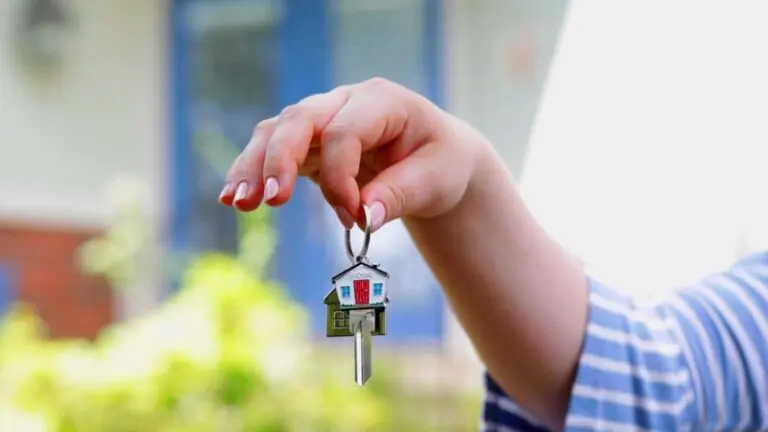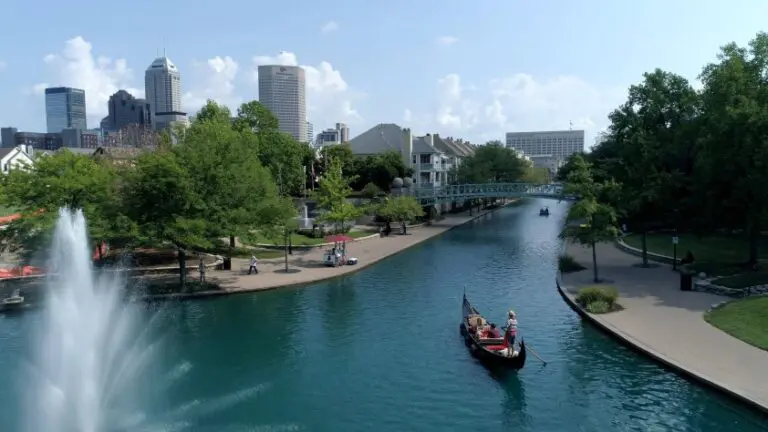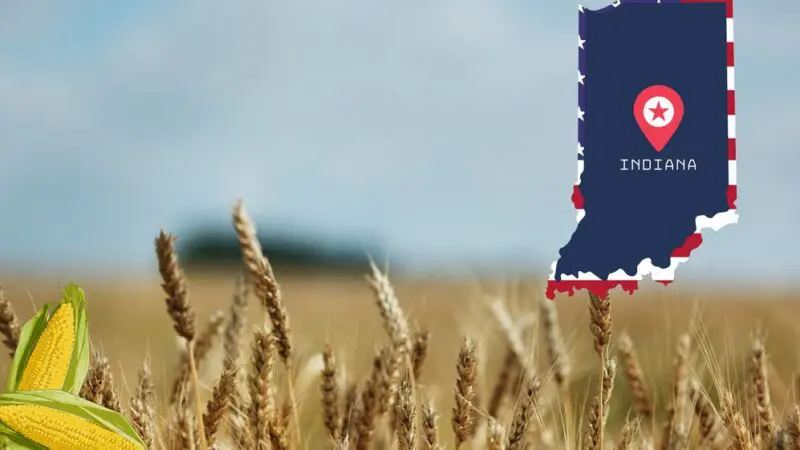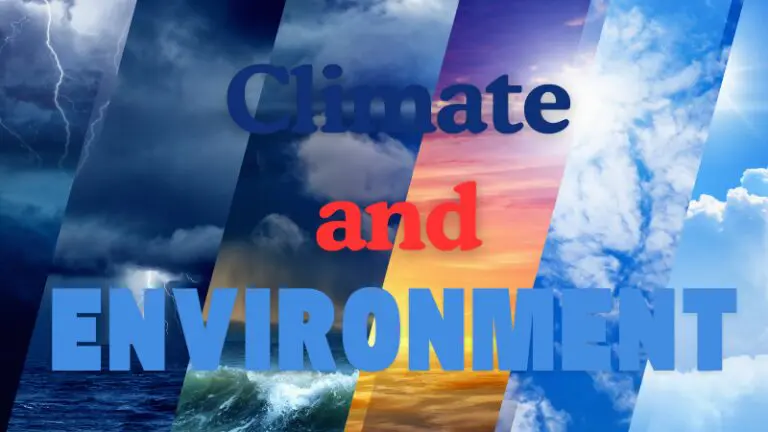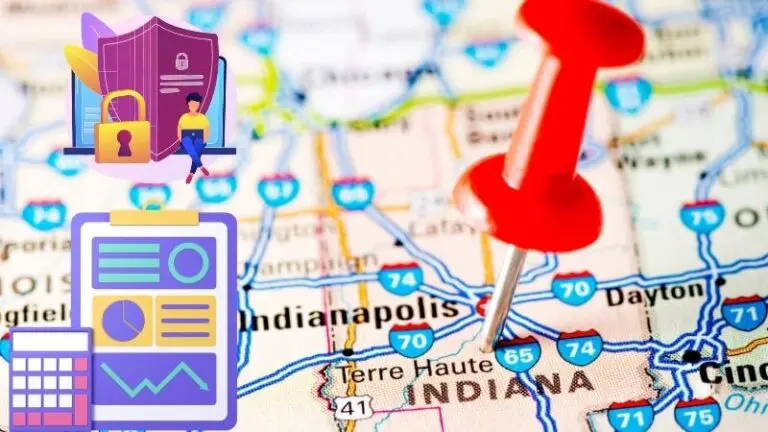Living in a small town brings with it a certain charm. The sense of community, the familiarity of faces, and the pride in local traditions make small towns unique and special.
However, small towns also face challenges that larger cities may not grapple with as intensely, especially when it comes to environmental sustainability.
This is where Indiana’s Clean Community Program (ICCP) steps in, offering a lifeline to towns looking to protect their environment, boost local economies, and foster a sense of community pride. Let me share why this program is such a big deal for our small towns.
Table of Contents
ToggleEnvironmental Stewardship
Small towns are often closer to nature than urban centers, with lush green spaces, clean air, and scenic landscapes that residents cherish. But maintaining these natural assets isn’t always easy. With limited budgets and resources, addressing environmental concerns can be daunting.
That’s where the ICCP becomes a game-changer. The program offers guidance and resources that help towns tackle environmental challenges head-on. Think about it: managing waste, conserving water, and reducing energy consumption are just a few areas where small towns can make a big difference.
Participating in the ICCP empowers towns to take control of their environmental destiny. By following sustainable practices, towns like Brownstown have managed to create comprehensive plans that address their unique local issues, ensuring that their natural resources are preserved for generations to come.
Economic Benefits
We all know that a clean town is a desirable town. But did you ever think about how a cleaner environment could attract new businesses and residents? Small towns that engage with the ICCP often see real economic benefits.
It’s not just about doing the right thing for the planet; it’s also about making the town a better place to live and work. Communities recognized as “Clean Communities” by the Indiana Department of Environmental Management (IDEM) typically enjoy increased property values and enhanced tourism.
Let’s face it, a town with pristine parks, clean streets, and a commitment to sustainability is much more attractive to potential investors and residents. Plus, adopting energy-efficient practices can lead to significant cost savings.
Imagine cutting down on electricity bills or reducing waste management costs. Those savings can then be funneled back into other vital community projects, creating a cycle of continuous improvement.
Community Engagement and Civic Pride
There’s something truly special about small towns – the people. When residents come together for a common cause, the results can be extraordinary. The ICCP encourages this spirit of community involvement by fostering a sense of civic pride.
When a town rallies behind sustainability projects, whether it’s a clean-up event or a recycling initiative, it brings people closer together. The process of becoming a designated Clean Community is not just about meeting certain criteria.
It’s about getting the whole town involved. Public participation, through town meetings, surveys, and volunteer efforts, is a cornerstone of the program. This involvement gives everyone a stake in the town’s future, creating a stronger, more connected community.
And when you see the tangible results of your efforts – cleaner streets, healthier parks, and a more vibrant town center – it’s hard not to feel a swell of pride.
Recognition and Support
Let’s be honest, everyone loves a bit of recognition. But in the case of the ICCP, the recognition that towns receive goes beyond just a pat on the back. Being recognized as a Clean Community comes with a host of benefits.
For starters, it opens up access to additional resources and support from the state, which can be invaluable in furthering environmental initiatives. But it doesn’t stop there. This recognition can also lead to other opportunities, such as grants and partnerships, that might have otherwise been out of reach.
And don’t underestimate the power of positive attention. Being part of the ICCP can put small towns on the map, drawing interest from people and organizations beyond Indiana’s borders.
Addressing Local Environmental Challenges
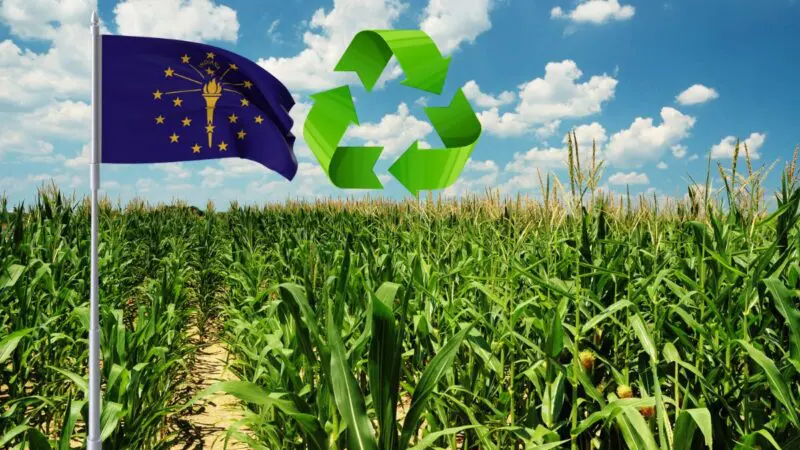
Every small town in Indiana has its own set of environmental challenges. Maybe it’s managing agricultural runoff, maybe it’s controlling industrial pollution, or perhaps it’s something as basic as maintaining water quality.
The beauty of the ICCP is that it’s flexible, allowing each town to focus on what matters most to them. For example, if a town is situated near large agricultural areas, they might prioritize initiatives related to water quality.
This could involve better practices for managing fertilizers and pesticides, which can significantly impact the health of local waterways. On the other hand, towns with manufacturing facilities might focus on reducing emissions and waste.
The ICCP provides the framework and resources needed to tackle these challenges effectively, ensuring that every town can make a meaningful impact.
Building a Future That Lasts
Sustainability isn’t about quick fixes; it’s about long-term thinking. Small towns that participate in the ICCP are encouraged to create sustainability plans that look far into the future.
It’s about building a foundation for ongoing environmental and economic health, ensuring that the benefits of the program continue to be felt for years to come.
When a town integrates sustainable practices into its daily operations, it’s setting itself up for success in the long run. If it’s reducing energy use, improving waste management, or conserving natural resources, these practices help create a resilient community that can thrive in an increasingly competitive and environmentally conscious world.
Building Resilience
We live in a time when environmental challenges are becoming more frequent and more intense. Climate change, severe weather events, and resource shortages are no longer distant threats; they’re realities that communities must face head-on.
The ICCP helps small towns build resilience to these challenges by encouraging the adoption of sustainable practices. When a town is prepared for environmental shocks, it’s better equipped to weather the storm – literally and figuratively.
The focus on continuous improvement within the ICCP means that towns are always looking for ways to advance their sustainability efforts, making them more adaptable and resilient over time.
A Program Worth Embracing
Indiana’s Clean Community Program is more than just a checklist of environmental actions; it’s a lifeline for small towns looking to thrive in a modern world. By offering resources, recognition, and a framework for sustainability, the ICCP empowers small towns to take charge of their environmental future.
And the benefits aren’t just environmental – they’re economic, social, and long-lasting. If you’re part of a small town in Indiana, consider the impact that participating in the ICCP could have. From boosting the local economy to fostering a stronger sense of community, the advantages are clear.
As more towns join the program, the collective impact could transform not just individual communities but the entire state of Indiana. So why not take that step toward a cleaner, more sustainable future? Your town – and future generations – will significantly benefit from it.
Related Posts:
- NIPSCO to Clean up Coal Ash Contamination at Pines…
- Cook Medical offers Free Community Electronics Recycling Day
- Why More Hoosiers Should Take Advantage of Free…
- Why Every Dental Practice Should Prioritize…
- 10 Tips for Locating Legal Help in Small Indiana Town
- Larry Bird’s Indiana Legacy - The Small-Town Hero…


